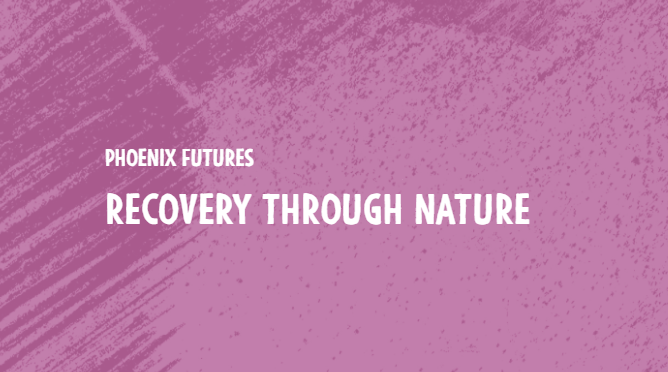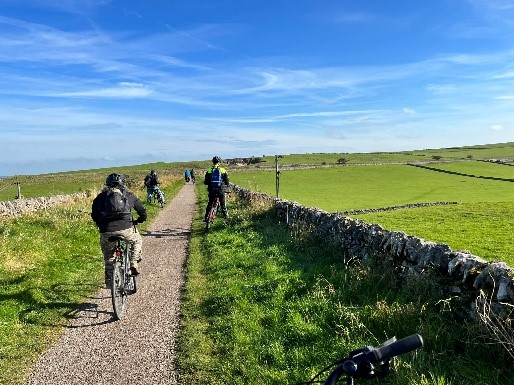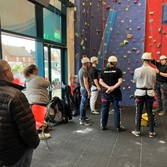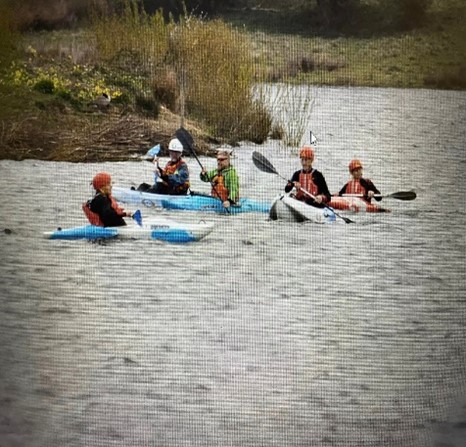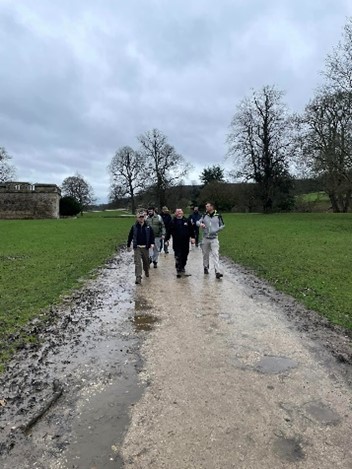PHOENIX FUTURES - RECOVERY THROUGH NATURE
Phoenix Futures’ Recovery through Nature (RtN) is a highly effective therapeutic programme that engages teams of people who use our services in a range of practical conservation and horticultural projects to aid their recovery.

